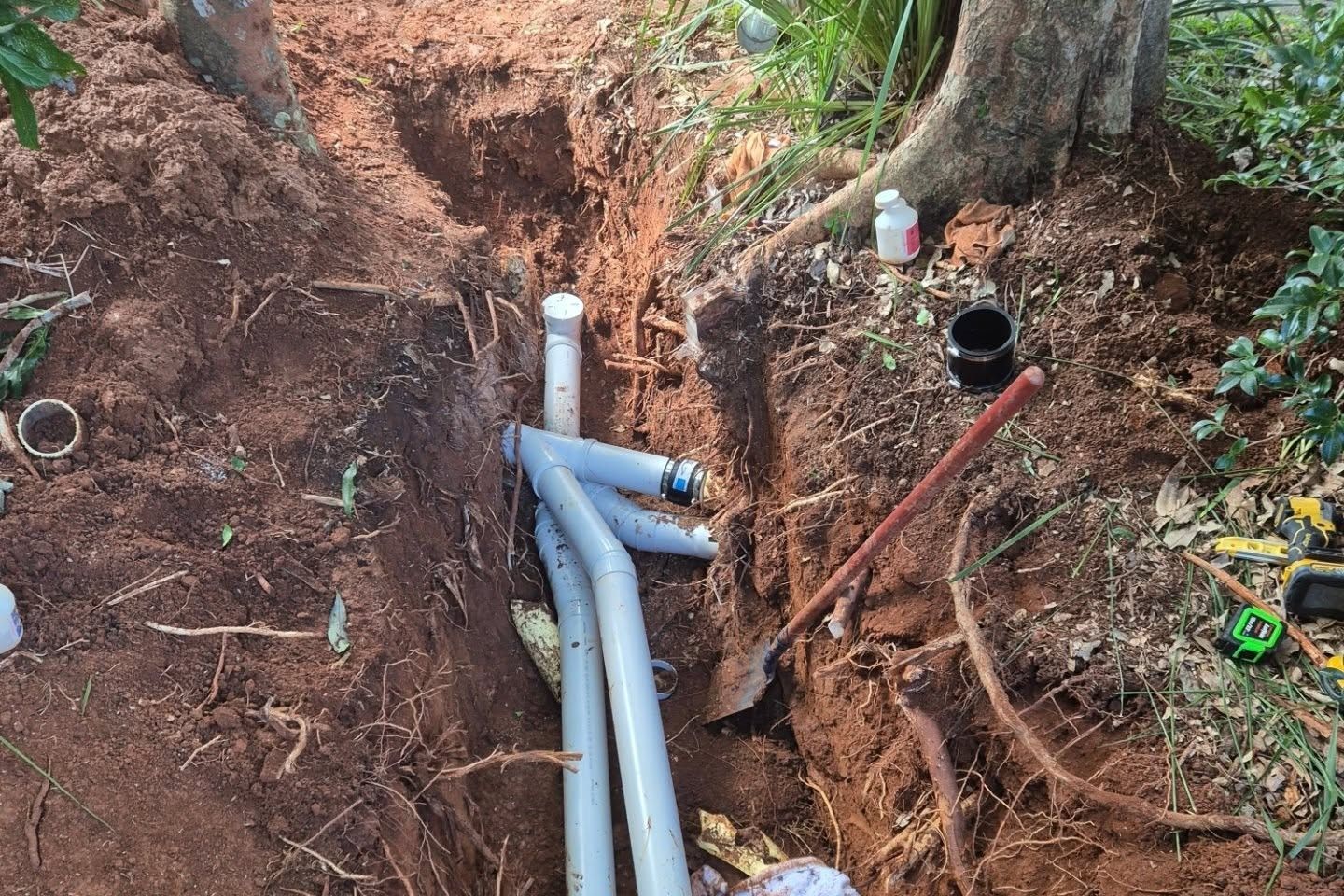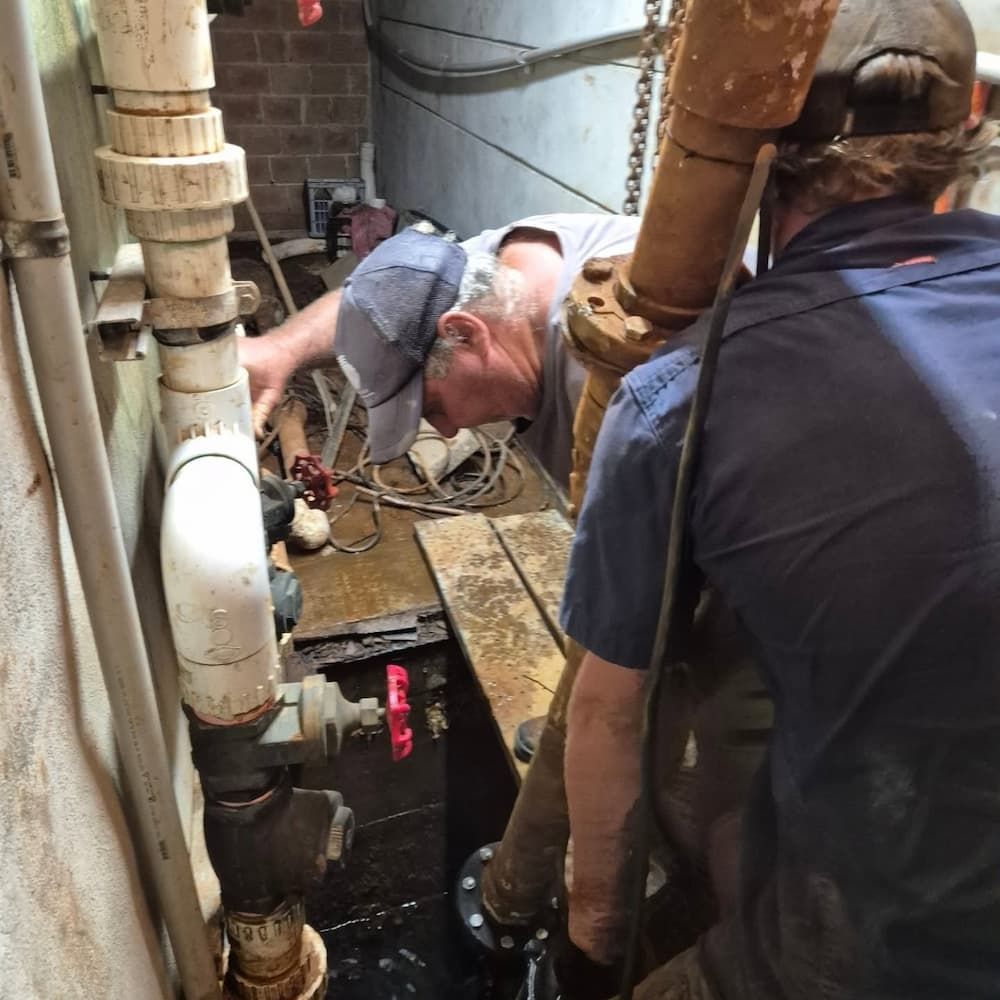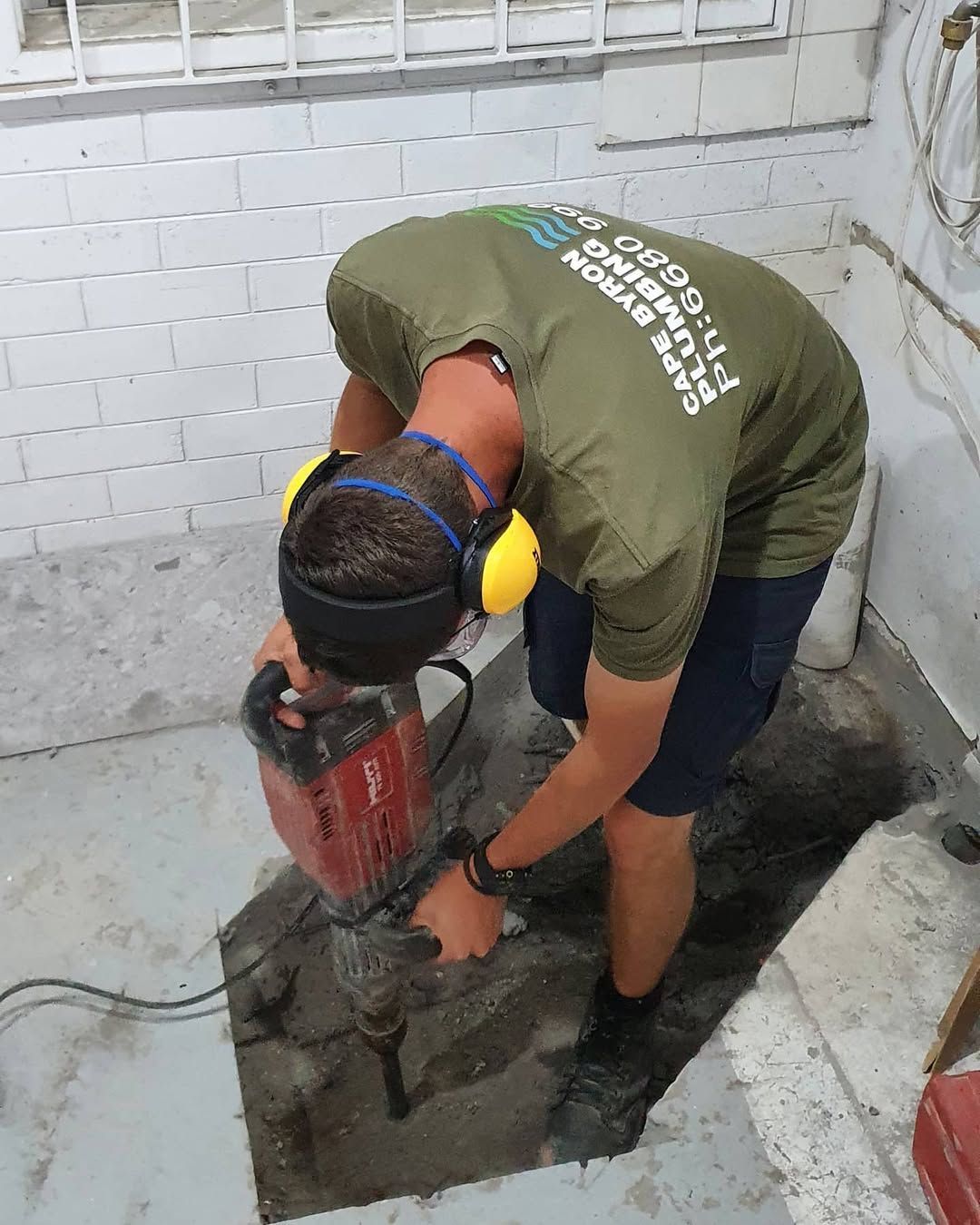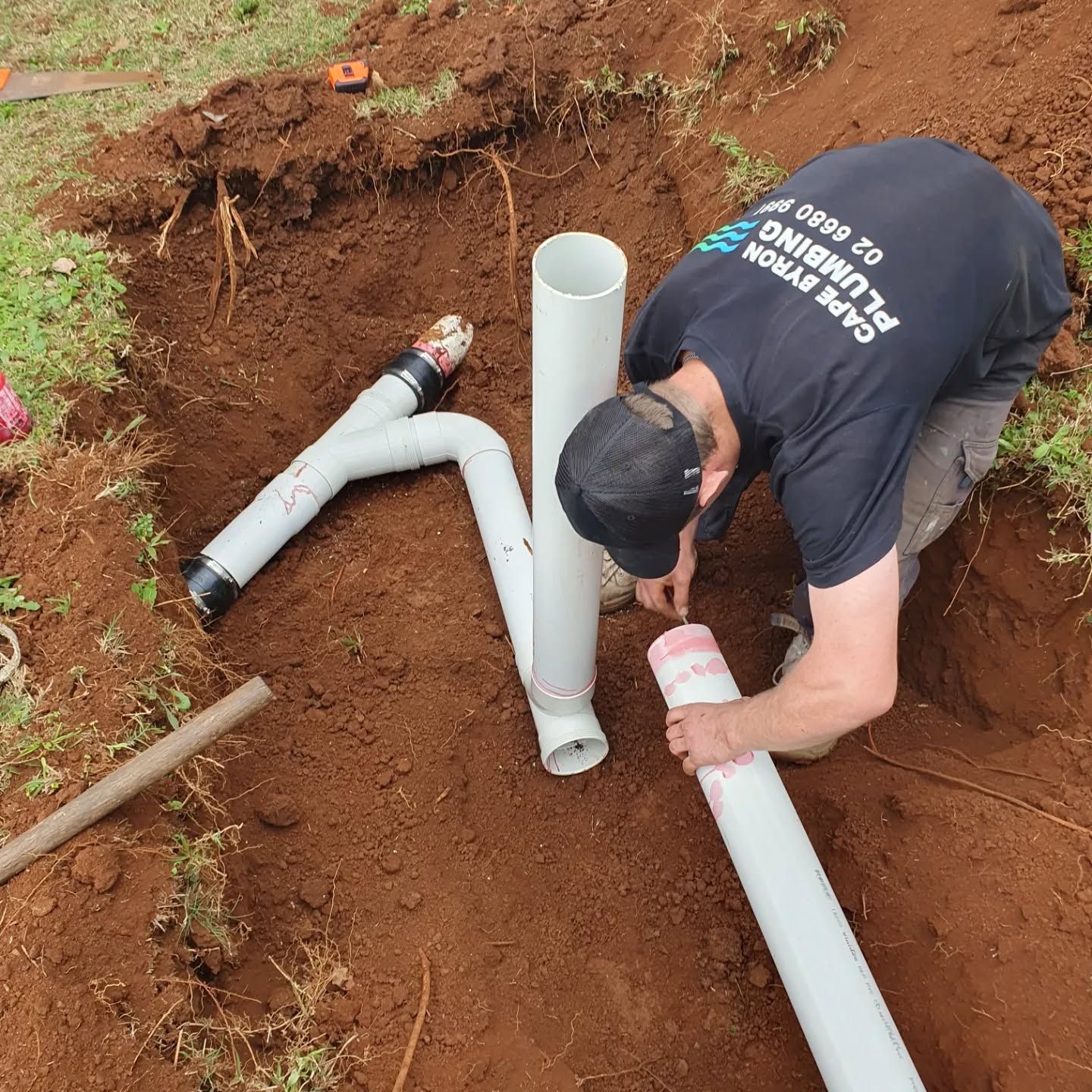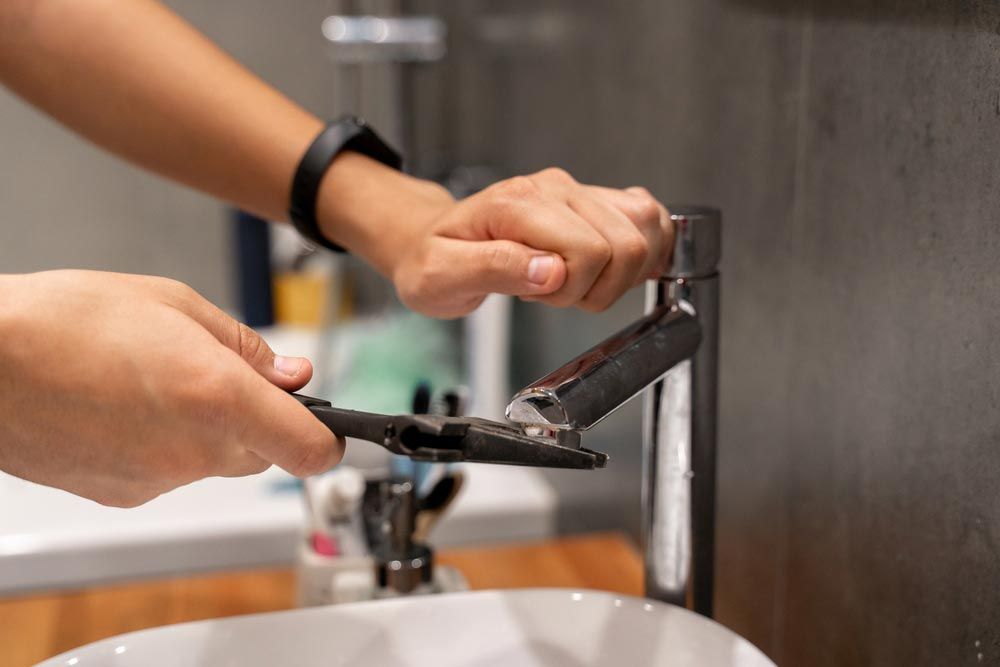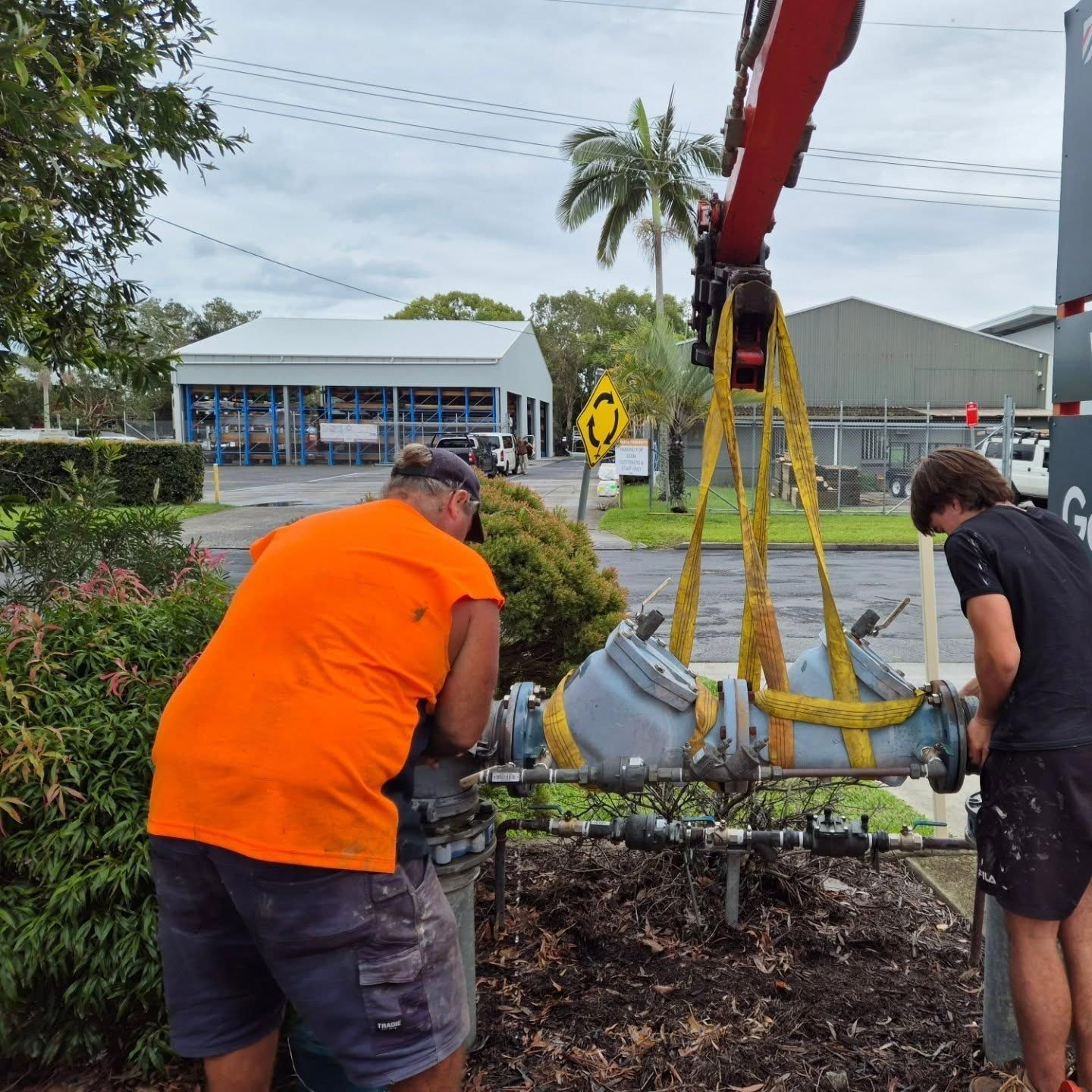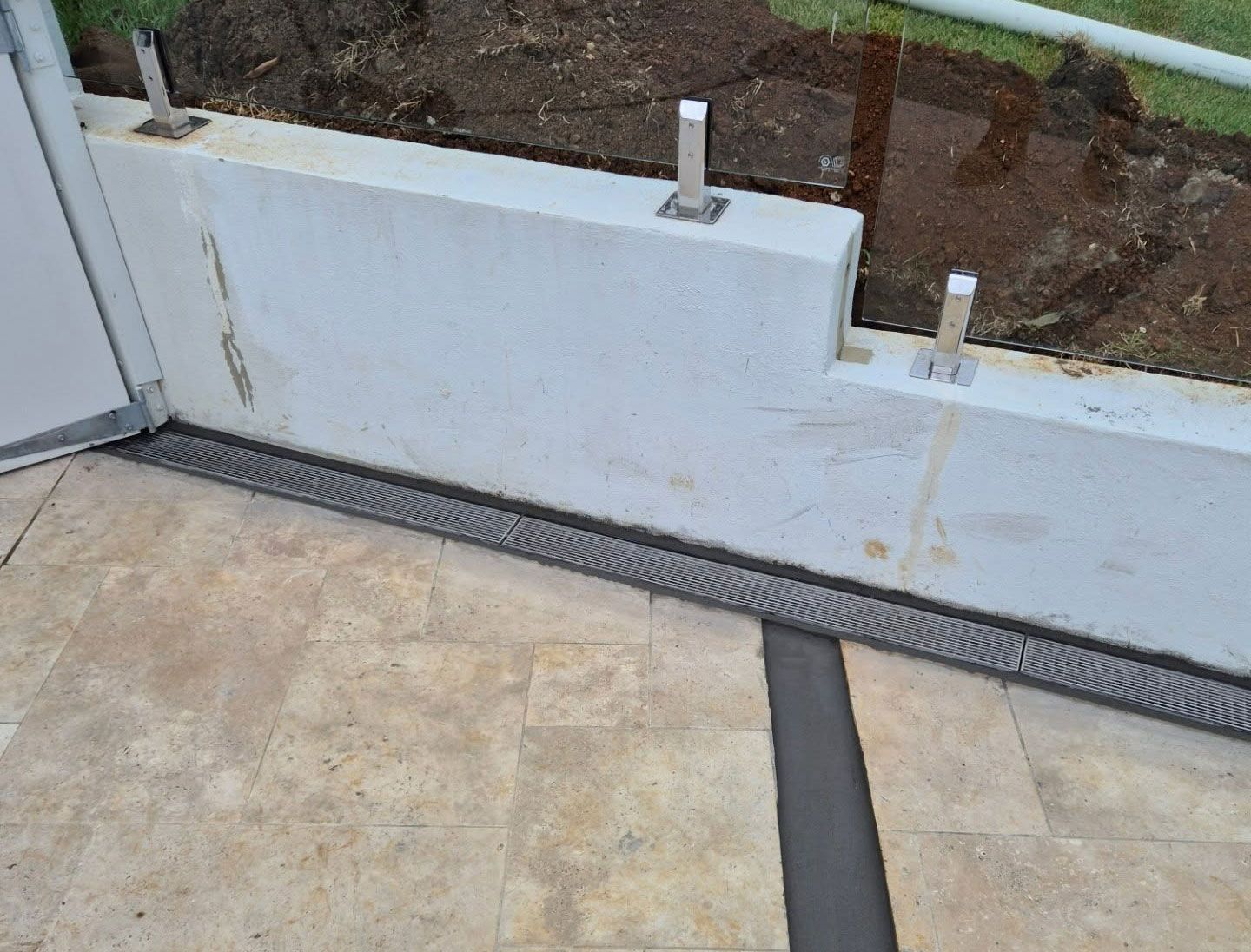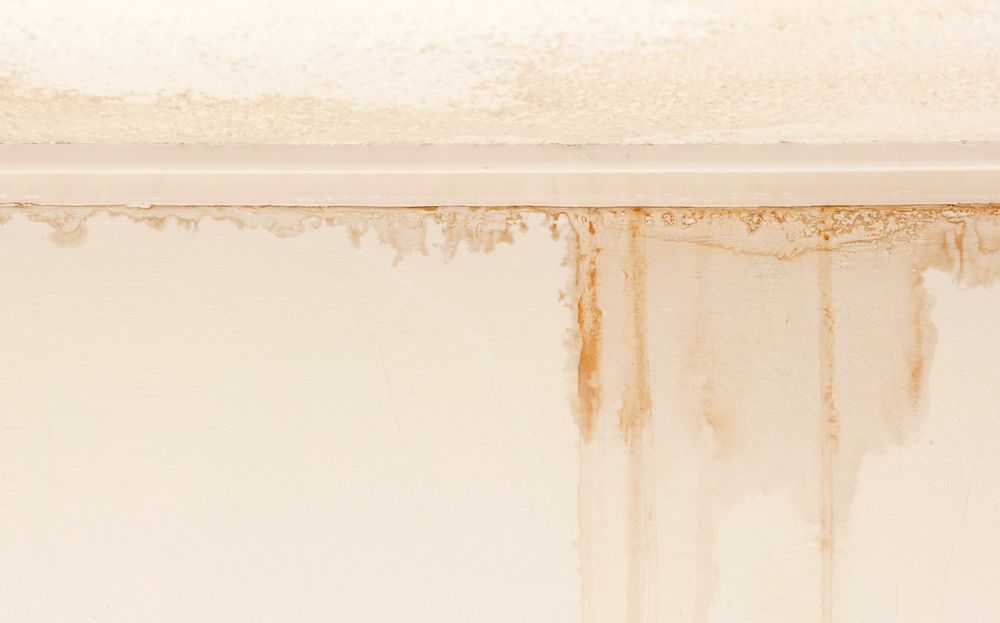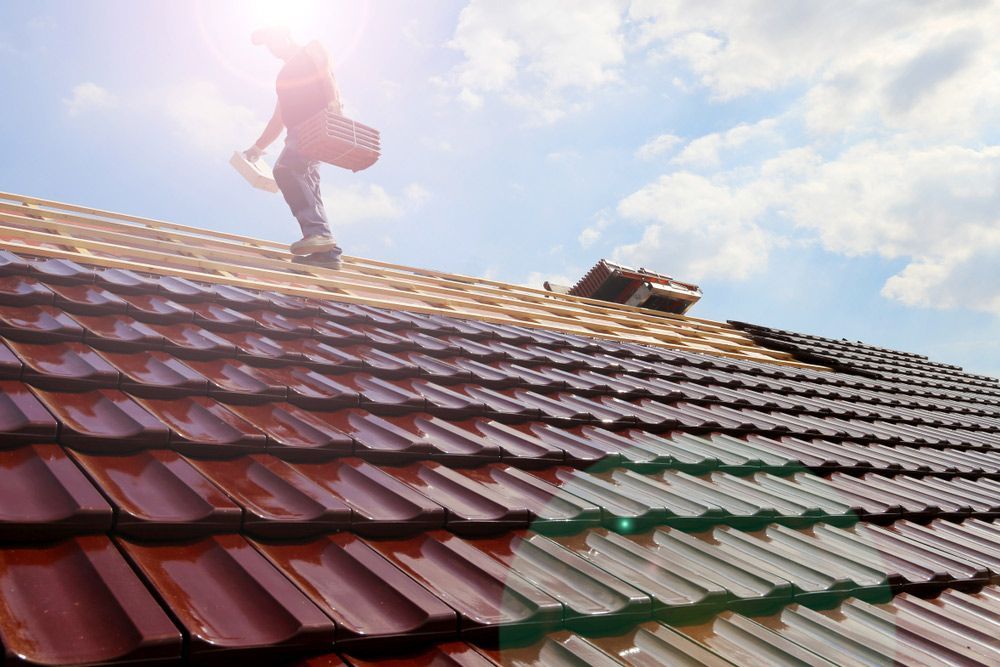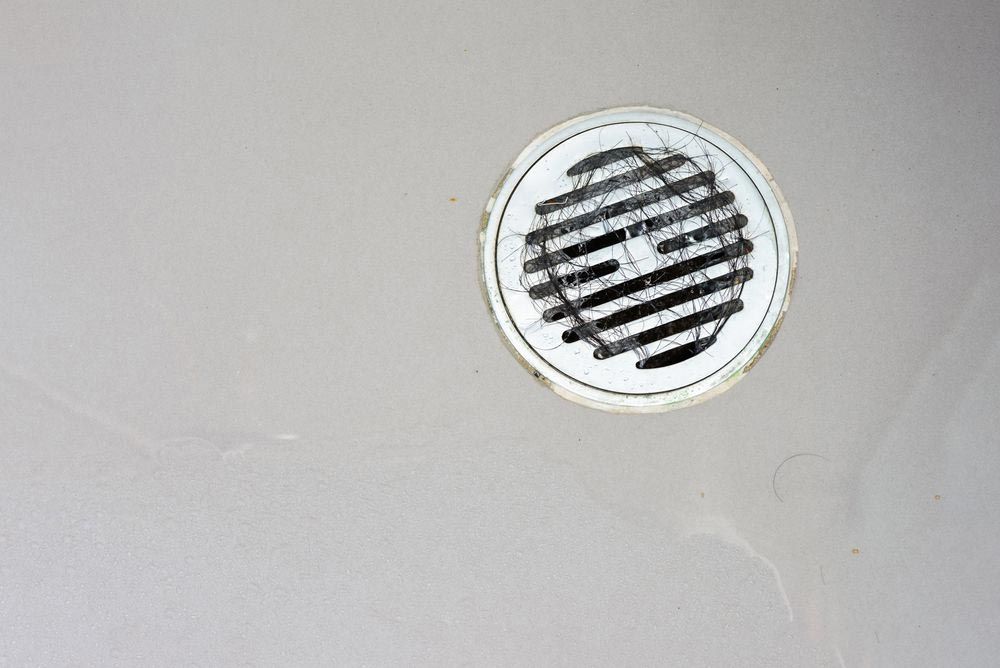Who Is Responsible For Plumbing Repairs In A Rental?
Have you moved into a rental, only to discover a leak or burst pipe? Perhaps you've been a tenant for a while and recently noticed signs that your plumbing needs attention. Working out whether you're responsible for footing the bill, or whether it's down to your landlord to sort out the issue, can be complicated. To help, we've put together a summary of who's responsibility it is to look after your property's plumbing if you're renting here in NSW. We also consider the circumstances in which it's the landlord's responsibility and the times when a tenant needs to foot the bill for a plumbing repair.
Rental Properties Should Be Rented In A Reasonable Condition
According to the NSW office of fair trading, a property for the rental needs to be "fit to live in". What this means isn't defined, and is likely to mean different things, depending on the property. For example, an older property that's available for cheap rent may have a dripping tap or a sink that has a bowl under it to catch drips from a leaking pipe, but would still be considered "fit to live in". This means that a property may have minor plumbing issues that the landlord isn't under any obligation to fix.
That said, major issues, such as an inoperable tap, badly leaking shower, leaking pipe or inoperable toilet should all be put right before a tenant takes up their tenancy. In these circumstances, it's up to the landlord to make sure the problems are fixed in a timely manner.
Problems Once The Tenancy Has Started
If a plumbing problem develops once you've been living in your rental for a few months, the responsibility for fixing it will come down to what the problem is and why it occurred. For example, if a sink is leaking because you've dropped something heavy into it, or an outdoor pipe is leaking because you've accidentally bashed it with a spade, it is up to you to pay for the damage, rather than the landlord. Tenants are also responsible for all ongoing maintenance and cleaning tasks in a property once they've rented it.
When a plumbing problem develops that's not the tenant's fault, the first thing to do is to contact the landlord in writing, explaining what the problem is. The landlord has a responsibility to fix the issue or arrange for it to be fixed, within a reasonable timeframe, although an exact timeframe isn't given. It is illegal to stop paying rent until the problem is fixed. If you go ahead and call a tradie and get the problem fixed yourself, the landlord is under no obligation to reimburse you if the repair is non-urgent. Even if the repair is urgent, it's important to follow the procedure detailed below.
Urgent Plumbing Problems
Even if a plumbing problem is urgent (a burst pipe for example, or a failed hot water system), the first course of action is to contact the landlord so that they can get the necessary repairs completed. If you have made reasonable attempts to contact the landlord and failed, you should refer to the tenancy agreement for details of a nominated tradie to get the work done. If there isn't one, you can get the work completed by a suitably licensed tradie and bill the landlord, along with a written justification.
Note that for urgent work, if the landlord has been informed but still fails to act within a reasonable timeframe, you can get the work completed, provided it's carried out by a licensed tradie and you didn't cause the problem in the first place.
Whether you're a landlord or a tenant, if you need a licensed, time-served plumber in Cape Byron or the surrounding area, we're the people to call.

